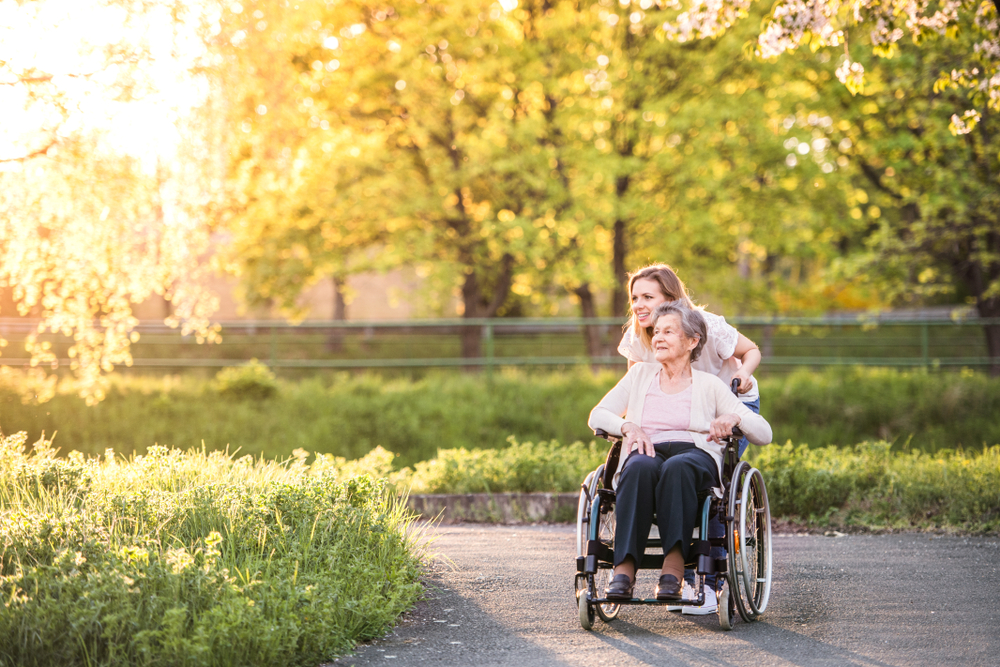As we explore the complexities of aging, one unusual but common issue arises: why do elderly patients get confused with UTI? This question is not just a simple query but a profound concern for healthcare professionals, caregivers, and the elderly themselves. It is critical to understand this conundrum to better care for our loved ones as they age.

Understanding UTI in the Elderly
A Urinary Tract Infection (UTI) can be a challenging condition for anyone, but especially for elderly individuals. Older adults are at a higher risk for UTIs due to changes in their bodies, including decreased immune response. With age, the symptoms and effects of UTIs can significantly differ from those in younger individuals.
Why Confusion Happens
The primary reason elderly patients get confused with UTI is that as the body ages, the typical symptoms of a UTI, such as burning during urination or frequent urges to urinate, may not be present. Instead, seniors might experience delirium or confusiona result of the body’s response to infection.
This [external resource ](https://www.thegoodcaregroup.com/live-in-care/conditions-we-care/how-to-care-for-an-elderly-person/) explains more on how conditions like infections can alter mental states, particularly in older adults.
More Than Just an Infection
For the elderly, the presence of confusion as a symptom makes diagnosing a UTI quite tricky. A person may seem more forgetful, unaware, or even hallucinate, leading to questions about the onset of dementia when it might just be a simple infection.
The Role of the Immune System
Aging also brings about changes in the immune system. This decline in immune function is another reason why signs like confusion might develop, as the body cannot fight off infections as effectively.
Symptom Presentation in Seniors
Rather than the typical signs, an elderly person might just feel a general unease, fatigue, or confusion. These atypical symptoms often lead to delayed diagnosis, thereby complicating the treatment process.
For families concerned about how to care for elderly loved ones experiencing such issues, using tools like [personal alert systems](https://productsseniorslike.com/personal-alert-system-for-elderly-rush-to-help-them-in-emergencies/) can be beneficial.
Monitoring and Diagnosis
It’s important to monitor elderly individuals closely for any changes in behavior or mental state, as these could indicate a UTI. Healthcare providers often rely on a simple urine test to diagnose and begin treatment promptly.
Treatment and Care Options
Once a UTI is confirmed, antibiotics are typically prescribed. It is crucial for caregivers to ensure that the elderly patient completes their prescribed course for effective treatment and to prevent recurrences.
Incorporating supportive measures, like the use of lift chairs, can promote comfort and ease during recovery periods for seniors.
Preventing UTIs
Prevention is always better than cure. For the elderly, staying hydrated and maintaining good hygiene can serve as the first defense against UTIs.
Using [grabber tools](https://productsseniorslike.com/grabber-tool-for-the-elderly-the-new-way-to-care-for-your-loved-ones/) as daily aids can also help reduce risk by aiding movement and avoiding unnecessary strain.
Family and Caregiver Support
Family members and caregivers play a crucial role. By being vigilant and observant, they can notice symptoms early and seek medical help faster, avoiding complications.
Investing in useful products that support health and comfort, like a back massager for seniors, can alleviate unnecessary distress and discomfort for the elderly.
Conclusion
As weve seen, why elderly patients get confused with UTI is a multifaceted issue involving many aspects of their health and care. By understanding this condition, caretakers can approach each day with optimism and proactive solutions.

Frequently Asked Questions
Q1: Can UTIs cause long-term damage in the elderly?
Generally, if caught and treated early, long-term damage can be avoided. However, repeated untreated UTIs might lead to more severe health issues.
Q2: How can caregivers help prevent UTI-related confusion?
By ensuring proper hydration, hygiene, and timely medical checkups, caregivers can mitigate risks. Employing tools like hand massagers may also promote relaxation and ease at home.
Q3: Are there specific signs of UTI confusion unique to the elderly?
Yes, aside from confusion, symptoms such as increased agitation, falls, or marked lethargy might appear and should prompt a medical review.
This article contains affiliate links. We may earn a commission at no extra cost to you.

